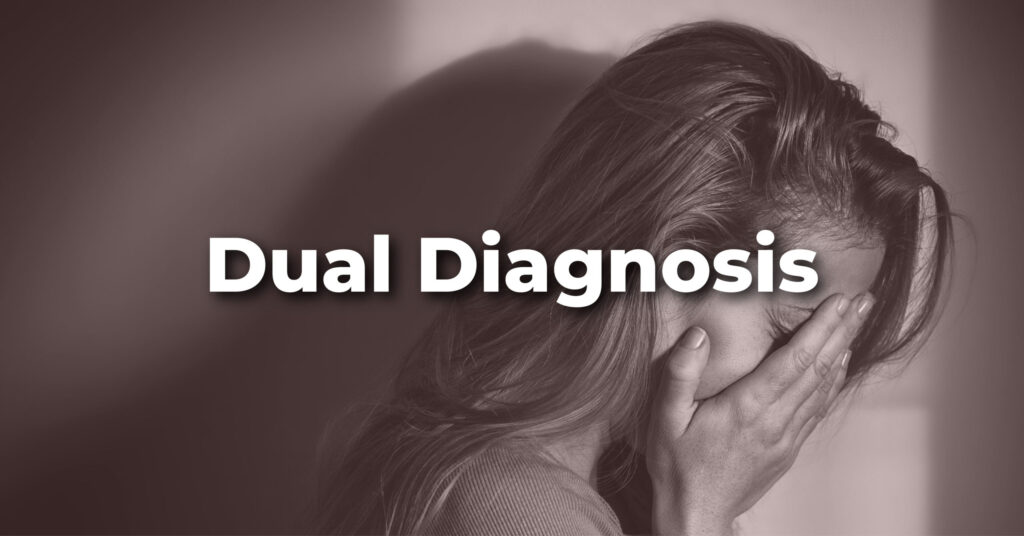Young adults are highly susceptible to addiction due to peer pressure, brain development, and emotional stress, making early intervention and education critical for prevention and recovery.
Who We Treat: Young Adults
Young Adult Addiction Treatment
Support for Young Adults Facing Addiction and Mental Health Challenges
Young adults experience a special array of challenges that leave them exceptionally susceptible to addiction. Whether peer pressure, emotional issues, or the demands of independence, the threat is legitimate. At HB Treatment Center in Huntington Beach, CA, we are experts in assisting young adults, which we define as 18–24-year-olds, in taking back their lives from addiction. No matter if you or the one you care about is struggling, assistance is at hand.
Imagine a life where clarity of mind, sobriety from alcohol or drugs, and emotional stability are within reach. Our dedicated team helps clients access their full potential through therapy, rehabilitation, and a treatment system that speaks to them directly. If you’re willing to take the first step, or if you’re a loved one in search of answers, read on.

Why Are Young Adults So Susceptible to Addiction?
Addiction among young adults is driven by a mix of emotional, social, and biological variables that have a tendency to come together at a pivotal time in an individual’s life. At 18-24, they are typically trying new things—starting college, starting the work force, starting relationships, learning to manage independence for the first time. It can be exhilarating, but also overwhelming. This phase is filled with pressure to conform, perform, and find identity, yet the brain keeps developing and impulse control is still in process. These are the ingredients that mix a recipe for disaster which results in young adults being more likely to engage in risky behavior such as drugs, which crosses over easily into addiction if problems aren’t worked through.
Brain Development Plays a Role
The brain continues to develop into the mid-20s, especially the prefrontal cortex, which handles decision-making and impulse control. This makes young adults more likely to take risks without fully understanding long-term consequences.
Peer Pressure and Social Settings
Social circles often normalize drug and alcohol use. What begins as experimentation quickly spirals into dependency, especially when mental health concerns are already present.
Mental Health and Co-Occurring Disorders
Young adult mental health leading to addiction is increasingly common. Anxiety, depression, and trauma—if left unaddressed—can drive individuals to self-medicate. This creates a dangerous cycle that requires structured intervention through therapy and rehab.
What Is the Most Common Addiction for Young Adults?
Substance use among young adults varies, but certain drugs and alcohol remain widespread. Knowing the most common substances can highlight early warning signs and the importance of early treatment.
Alcohol Addiction in Young Adults
Alcohol is the most used drug by people between the ages of 18–24. It’s usually started in the context of social life like college parties, nightclubs, and casual gatherings, where drinking alcohol is tolerated and even promoted. Binge drinking has become a tradition, and with alcohol being easily accessible, it becomes even harder for young adults to set limits. Where it starts in so many instances as a way to relax or be among the crowd, regular drinking quickly turns into addiction. All too often lost is that much of these young adults’ drinking is to escape stress, anxiety, or unhandled emotional pain. Behind the facade of each Saturday night bash or after-midnight happy hour hangs a person silently struggling with mental illness they are not yet aware of how to talk about. Alcohol is an immediate solution—a solution that ends up bringing more pain than healing.
Marijuana and Prescription Drug Misuse
Cannabis use is increasing among young adults as legal prohibitions ease and the social stigma crumbles. It’s commonly regarded as an innocent means of relaxing, concentrating, or avoiding tension. But for many individuals, particularly those who live with depression or anxiety, frequent consumption quickly turns into use—much more often than they might realize, dependency can establish itself silently over the years. It starts out as using it to unwind after work or school, but before long, it becomes like it’s not possible to function without it. What started out as ‘just to take the edge off’ can become blurring their motivation, memory, and emotional stability.
Similarly, prescription drugs like Adderall, Ritalin, or opioids are often taken secretly. Others use stimulants to cram all night or keep up with class assignments believing they’re merely boosting productivity. Other individuals may use painkillers to numb pain–emotional or physical–without realizing how quickly their minds and bodies will become reliant on them. These medications, even if taken by another person, may become a shortcut to deal with the pressure of being a young adult—but at a very high cost.
Other Substances to Watch
Although alcohol and marijuana are at the top of the lists, young adult drug addiction also includes cocaine, ecstasy, and hallucinogens. These kinds of drugs are usually taken at parties, concerts, or weekend gatherings where the atmosphere is to have a good time or to leave it all behind, at least for an evening. But what may begin as a night-on-the-town thrill can quite easily turn into something much harder to leave behind. The euphoria of these drugs can create the illusion of being together or being invincible, and soon-to-be-young adults seek the feeling repeatedly. Their repeated usage leads to more risk—physical, emotional, and psychological. What’s meant to feel freeing ends up creating dependency, isolation, and a deeper struggle that isn’t always visible from the outside.
Addiction Treatment for Young Adults at HB Treatment Center
When a young adult reaches out for help with addiction, it’s not just about treating the substance use—it’s about truly seeing them. This age group faces specific pressures and emotional struggles that require more than a generic plan. That’s why at HB Treatment Center, we’ve created programs built around real lives and real people. We work with young adults who are trying to find their way again, who may feel overwhelmed, misunderstood, or like they’ve lost control. Our goal is to create a space where they don’t feel judged, where they can reconnect with themselves, and where healing feels possible—because it is.
Personalized Care That Meets You Where You Are
Every young adult walks through our doors with a different story, and we believe their care should reflect that. That’s why we never treat everyone the same. Every young adult receives a thorough evaluation and a structured plan that includes therapy, behavioral support, and wellness services.
Therapy That Connects
Whether through individual therapy, group therapy, or dual diagnosis treatment, our licensed clinicians help young adults process emotions, trauma, and triggers in a safe environment. Counseling sessions often focus on topics like stress, relationships, anxiety, and purpose.
Addressing Mental Health and Substance Abuse Together
Mental health and addiction are often deeply connected. For many young adults, treatment must address both simultaneously. Ignoring mental health prolongs recovery or increases the risk of relapse.
By treating conditions like depression, anxiety, PTSD, or ADHD alongside drug or alcohol addiction, we increase the chances of long-term success.
Creating a Safe, Supportive Environment
Young adults often feel isolated during addiction recovery. That’s why our facility emphasizes peer support and connection. Being surrounded by people in the same age group fosters community, encouragement, and resilience.
Life After Rehab: Empowering Young Adults for the Future
Recovery isn’t just about getting through detox or finishing a therapy session—it’s about preparing for what comes next. We work closely with young adults to help them imagine and build a life they’re excited to wake up to. That means helping them make decisions, gain confidence, and find meaning again. Whether it’s learning how to manage daily stress, reconnect with passions, or find new goals, we’re here to support their growth every step of the way. Because moving forward from addiction isn’t just possible—it’s personal.
Skill Building for Real Life
We help young adults create structure and purpose through skill-building, career planning, and continued therapy. These services support long-term recovery and re-entry into everyday life.
Relapse Prevention
Relapse is not failure—it’s part of the recovery process for many. We teach clients how to manage triggers, recognize warning signs, and build strategies to stay sober.
Family Involvement
Addiction affects everyone. Families are included in therapy when appropriate, helping to rebuild trust, create boundaries, and foster healthier communication patterns.
Continued Support
Our aftercare services connect young adults with ongoing support through outpatient therapy, alumni programs, and 12-step alternatives.

Start Recovery Today at HB Treatment Center
At HB Treatment Center in Huntington Beach, we help young adults build lives free from addiction. Whether it’s alcohol, marijuana, prescription pills, or other substances, our programs are here to help. Recovery begins with support—and we’re ready to walk alongside you.
Reach out to HB Treatment Today! We’re here whenever you’re ready.
FAQs
Alcohol is the most frequently used and misused substance by young adults aged 18–24. Binge drinking and social alcohol use often escalate into dependency.
Factors like brain development, peer influence, mental health conditions, and increased independence all contribute to addiction in young adults.
Our programs are designed for individuals aged 18–24, offering therapy, rehab, and mental health services that speak directly to this age group’s challenges.
Common issues include depression, anxiety, trauma, and ADHD. These often drive individuals to use substances as a way to cope.
Substance abuse can affect school, relationships, and mental health. Left unchecked, it becomes harder to overcome—making early help crucial.
